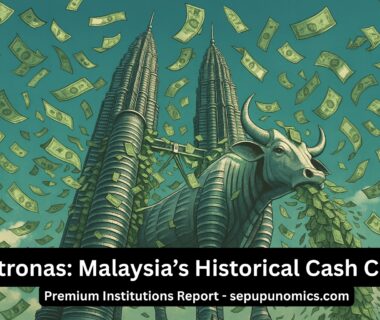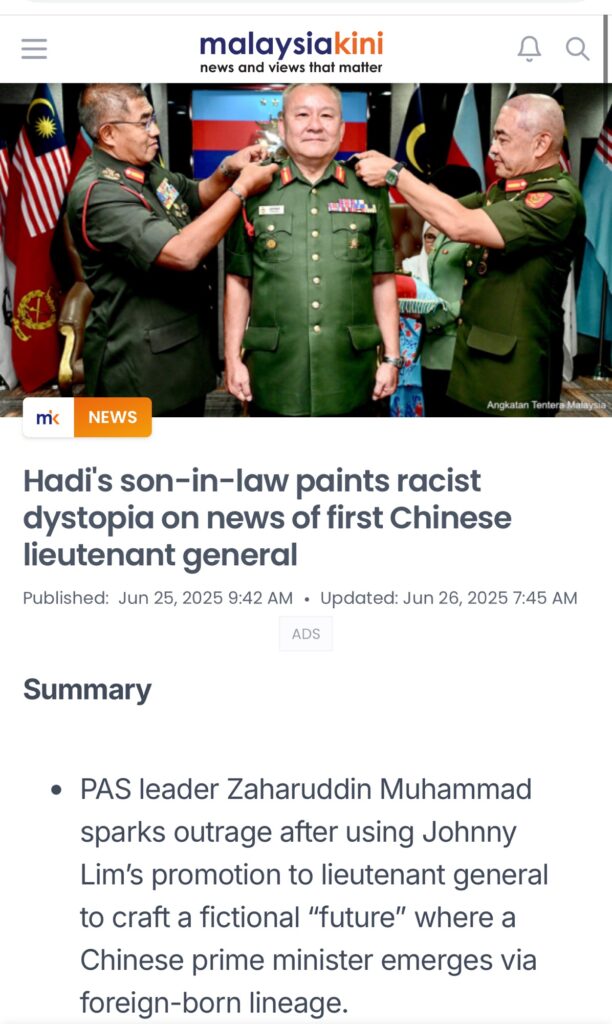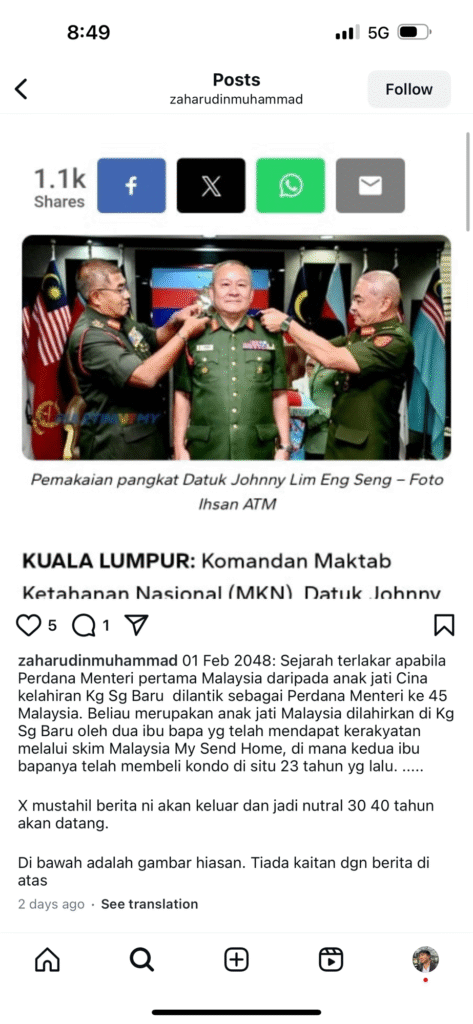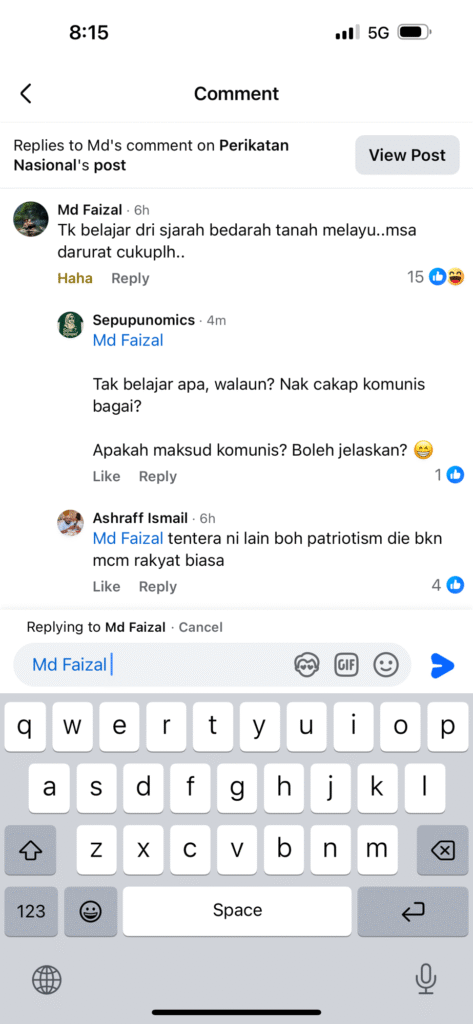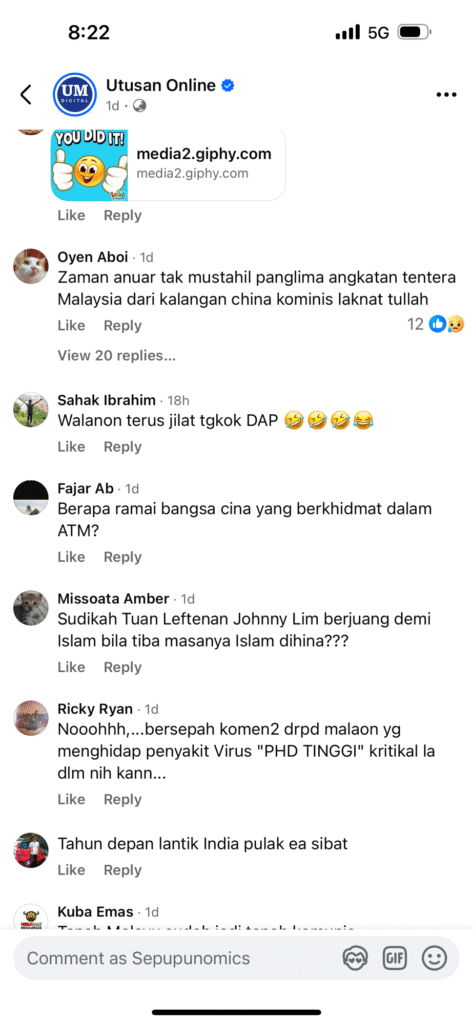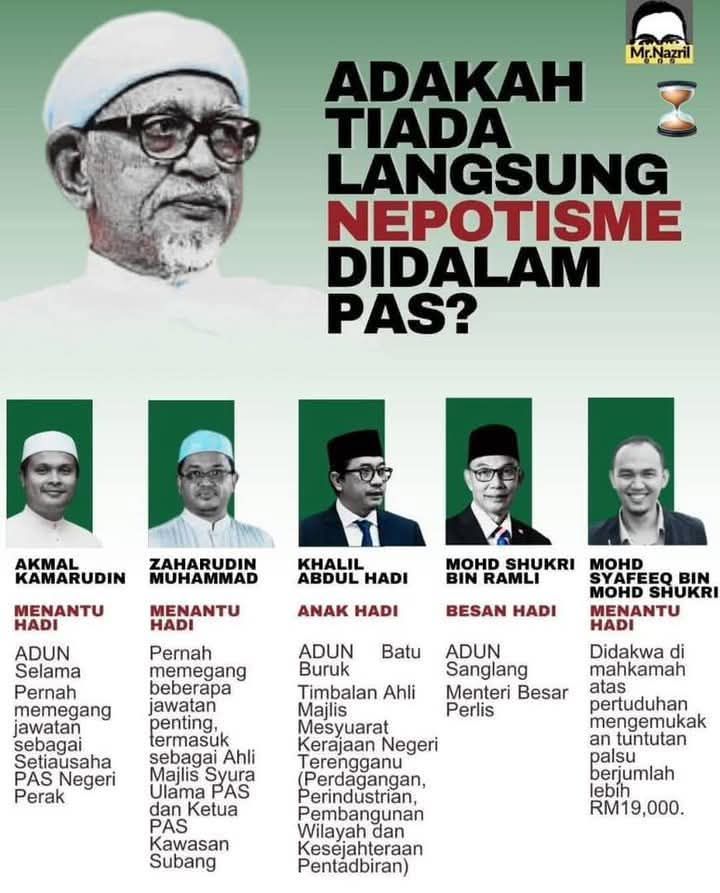Sepupus, not every company in Malaysia can be called the literal cash cow of the country, but that’s effectively what Petronas is.
It is one of the single largest sources of finance in Malaysia, providing vital funds, jobs, and resources to Malaysia through its contributions in the form of tax revenues, dividends, and various other sources of finance – it is also an important source of discretionary finance in Malaysia, given the fact that it is controlled extensively by the government of Malaysia and the Prime Minister of the country.
But just how large and how important is it?
In this premium report, accessible to our premium members or purchasable as an individual copy right over here, we will dive deep into that question. Let’s go!
Petronas: History and Symbolism
Petroliam Nasional Berhad (Petronas) was established in 1974 under the Petroleum Development Act, which vested all of Malaysia’s oil and gas resources in this new national company(en.wikipedia.org). Petronas was formed to assert national control over petroleum reserves (which had been dominated by foreign firms like Shell) and to spearhead Malaysia’s oil & gas exploration, production, and development(theimpactlawyers.com)(iseas.edu.sg).
Over the decades, Petronas grew into a fully integrated multinational oil and gas company with operations in over 100 countries(en.wikipedia.org), becoming a pillar of Malaysia’s economic development and a source of national pride – as of 2021 it was Malaysia’s sole Fortune Global 500 company(iseas.edu.sg).
Petronas’ success is visibly etched in Malaysia’s skyline and infrastructure: oil revenues funded iconic projects like the Petronas Twin Towers in Kuala Lumpur (once the world’s tallest buildings), the development of the new administrative capital Putrajaya, and the Kuala Lumpur International Airport(iseas.edu.sg). These projects underscore how pivotal Petronas has been in transforming Malaysia’s infrastructure and advancing its economic ambitions.
Beyond symbolism, Petronas has been a key enabler of Malaysia’s economy and public finances(iseas.edu.sg). The oil and gas sector (with Petronas at the helm) has long contributed substantially to Malaysia’s export earnings and GDP(iseas.edu.sg). Critically, Petronas has also been a financial lifeline for the government – often helping to “bail out” or support troubled firms and budgets when called upon(iseas.edu.sg).
For example, Petronas profits were used in the 1980s to rescue a failing bank and in the late 1990s to weather the Asian financial crisis. This close government nexus means Petronas’ fortunes directly affect national finances. In 2008, Petronas paid a record RM67.6 billion dividend to the government, which astonishingly amounted to 44% of federal government revenue that year(en.wikipedia.org). Historically, oil and gas-related receipts (including Petronas contributions) made up as much as 40% of Malaysia’s government revenue in 2009(iseas.edu.sg). Although this reliance has since moderated – dropping to about 19% of government revenue by 2021(iseas.edu.sg) – Petronas remains an indispensable source of income for the nation.
Petronas in the Federal Budget and Consolidated Revenue
We have spoken briefly about the historical role that Petronas has played within the federal budget, and in this section, we will focus on more recent developments.
Petronas’ role in the federal budget is significant and multifaceted. Being wholly government-owned, Petronas regularly pays large dividends into the government’s coffers, and it also contributes via petroleum income taxes and royalties.
These revenues flow into Malaysia’s Consolidated Fund, specifically the Consolidated Revenue Account, which is the main pot of government income used to finance public expenditures.
“Consolidated revenue” refers to the total annual income received by the federal government from all sources combined – including tax revenues (like income taxes, sales tax, etc.) and non-tax revenues (like dividends from Petronas, licenses, and fees).
In other words, it is the aggregate pool of funds available to the government for budget spending in a given year. Petronas’ payments, alongside other receipts, are part of this consolidated revenue and thus help fund government operations, development projects, education, healthcare, subsidies and so on, according to the allocations of each year’s budget.
Over the past five years, Malaysia’s government revenue has fluctuated, and Petronas has often been a swing factor.
Below we provide a breakdown of the major federal revenue sources for each year 2019–2023, in descending order of magnitude, highlighting where Petronas stands among them. This illustrates how critical Petronas’ contributions (primarily as dividends) have been relative to other revenue streams.
2019: Revenue Sources in Descending Order
2019 was a high-revenue year, boosted by an extraordinary RM30 billion special dividend from Petronas (on top of its normal dividend) that the government requested to settle outstanding tax refunds(theedgemalaysia.com). That special payment helped push Petronas’s total dividend to RM54 billion in 2019(en.wikipedia.org), an all-time high. The table below shows 2019’s largest revenue sources:
| Revenue Source | Amount (RM billion) |
| Company Income Tax (corporate profits) | 63.8 |
| Petronas Dividend (incl. special) | 54.0 |
| Individual Income Tax | 38.7 |
| Sales and Services Tax (SST) | 27.7 |
| Petroleum Income Tax (PITA) | 20.8 |
| Licenses & Permits (incl. oil royalties) | ~14.5 |
Sources: In 2019, corporate income tax was the single largest revenue source (about RM63.8 billion)(assets.kpmg.com).
Thanks to the one-off injection, Petronas became the second-largest contributor to Malaysia’s revenue in 2019 – its RM54 billion dividend comprised roughly 20% of total government income(en.wikipedia.org). Individual income taxes (RM38.7 billion) were the third-biggest source, followed by the SST consumption tax (RM27.7 billion)(malaymail.com). Petroleum income tax – a profit tax on oil & gas operators – contributed around RM20.8 billion(assets.kpmg.com). Non-tax revenues from licenses and permits (which include petroleum royalties paid to the federal government) added another ~RM14.5 billion(malaymail.com).
In sum, oil-related receipts (Petronas dividends + petroleum taxes/royalties) formed a large chunk of 2019’s revenue – It was truly Malaysia’s cash cow.
If you haven’t signed up yet, make sure to Join Now!
